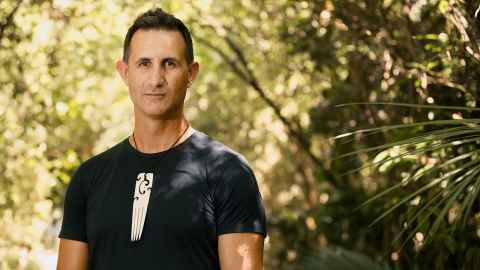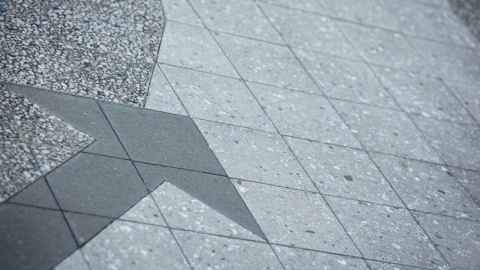
Take a look at our range of undergraduate and postgraduate programmes, subjects and courses.
Hōpara kowhiringa | Explore options
Choose from more than 60 subjects across the humanities, social sciences, languages, creative arts and education.
Hōparatia | Explore
Our qualifications provide you with valuable transferable skills for the changing world of work.
Kōwhiringa mahi | Career options
Our publications provide information about our programmes, planning your study and careers.
Pānui ināianei | Read now
Arts and Education students talk about their study and their plans for the future, and share advice for new students.
Pānui ināianei | Read now
We've got clubs and societies that you can get involved in, support services, and dedicated spaces to study, eat and hang out.
Te noho ki te papa ako | Life on campus
Māori and Pacific students studying Arts and Education can access a range of scholarships and support services.
Homai he kōrero anō | Tell me more
We warmly welcome international students to New Zealand's highest ranked arts faculty.
Kimihia te roanga atu | Find out more
Take the next step by applying for admission, viewing your application status, changing your programme, or accepting your offer.
Tīkina ngā taipitopito | Get details
Everything you need to know about undertaking doctoral studies, including programmes, supervisors and scholarships.
Pānui tonu | Keep reading
Find out what you’ll need to get into your chosen programme, including university entrance, targeted admission and special admission pathways.
Hōpara kowhiringa | Explore options
Learn more about tuition fees, student allowances, hardship support, research funding and financial advice.
He mōhiohio anō | More info
Browse undergraduate, postgraduate, doctoral and international scholarships just for Arts and Education students.
Ngā karahipi | Scholarships
Get in touch with an expert whose interests match your future studies.
Rapua | Search
If you’ve started undergraduate study at another tertiary institution, you can apply to transfer your credit.
Whakaaturia me pēhea | See how
Find out more about New Zealand’s world-ranking Arts faculty, including who we are, our leadership and what we do.
Tō mātou wawata | Our vision